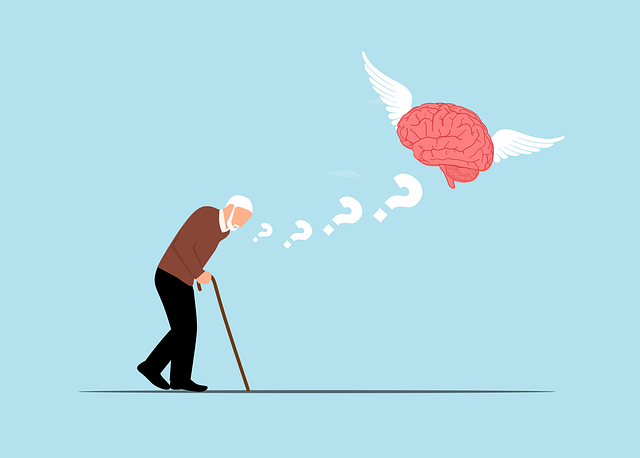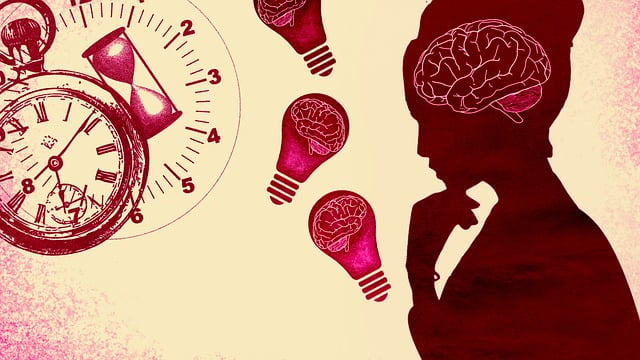Emotional regulation is a powerful tool for managing and recovering from Superior Post-Traumatic Stress Disorder (PTSD), enabling individuals to control intense emotions, process traumatic memories healthily, and prevent overwhelming sensations. Techniques like mindfulness and cognitive behavioral therapy (CBT) are effective, with mental wellness coaching programs offering structured support. Integrating these strategies into daily life improves emotional balance and overall well-being. In PTSD therapy, holistic approaches combining these techniques with traditional methods enhance care by boosting patient confidence and communication, while also reducing therapist burnout.
Emotion regulation techniques are transforming the way we approach mental health, particularly in managing conditions like Post-Traumatic Stress Disorder (PTSD). This article delves into the profound impact of emotion regulation on PTSD symptoms, offering a comprehensive guide to effective strategies. We explore evidence-based techniques that empower individuals to navigate and master their emotions, ultimately enhancing their well-being. By integrating these methods into Superior Post-Traumatic Stress Disorder Therapy, mental health professionals are equipped to provide more holistic and successful treatments.
- Understanding Emotion Regulation and its Impact on PTSD
- Effective Techniques to Master Emotion Regulation
- Integrating These Techniques into Superior Post-Traumatic Stress Disorder Therapy
Understanding Emotion Regulation and its Impact on PTSD

Understanding Emotion Regulation plays a pivotal role in the treatment of Post-Traumatic Stress Disorder (PTSD). This process involves learning to manage and control intense emotions, particularly those triggered by traumatic events. By mastering emotional regulation techniques, individuals can effectively navigate their feelings, reducing the impact of PTSD symptoms. Superior post-traumatic stress disorder therapy often incorporates these strategies to provide comprehensive trauma support services.
The ability to regulate emotions fosters resilience and helps individuals process traumatic memories healthily. This is crucial as it prevents the overwhelming sensations associated with PTSD, enhancing overall well-being. Public awareness campaigns development can play a significant role in educating people on emotional regulation, offering valuable tools for personal growth and recovery.
Effective Techniques to Master Emotion Regulation

Emotion regulation is a vital skill for maintaining mental wellness and preventing conditions like burnout and Superior Post-Traumatic Stress Disorder (PTSD). Effective techniques include mindfulness practices, such as deep breathing exercises and meditation, which help individuals stay grounded in the present moment and manage intense emotions. Cognitive behavioral therapy (CBT) is another powerful tool, enabling people to identify and challenge negative thought patterns contributing to emotional distress.
Mental wellness coaching programs can facilitate these development processes by providing a structured framework for learning and practicing emotion regulation strategies. Through personalized guidance, individuals learn to recognize their emotional triggers, develop coping mechanisms tailored to their unique needs, and enhance their overall stress reduction methods. By integrating these techniques into daily life, one can effectively navigate challenging situations and promote emotional balance, thereby fostering resilience and improving quality of life.
Integrating These Techniques into Superior Post-Traumatic Stress Disorder Therapy

Integrating emotion regulation techniques into Superior Post-Traumatic Stress Disorder (PTSD) therapy offers a comprehensive approach to healing. These evidence-based strategies empower individuals to manage intense emotions and flashbacks effectively, fostering resilience against the debilitating effects of trauma. By combining techniques like mindfulness meditation, cognitive reprocessing, and emotional expression exercises, therapists can create a tailored treatment plan that addresses the unique needs of each client.
This holistic integration enhances the traditional PTSD therapy by boosting confidence in individuals’ ability to regulate their emotions. It also facilitates better communication between therapist and patient, allowing for deeper exploration of traumatic experiences. Moreover, these strategies contribute to burnout prevention for healthcare providers, ensuring they remain equipped to offer superior care over extended periods.
Emotion regulation techniques play a pivotal role in enhancing the effectiveness of Superior Post-Traumatic Stress Disorder (PTSD) therapy. By understanding the impact of emotion regulation on PTSD and adopting effective strategies, therapists can significantly improve their patients’ ability to manage and overcome distressing symptoms. Integrating these techniques into treatment plans not only empowers individuals to navigate their emotional landscapes but also fosters resilience and enhances overall well-being. This approach promises a more comprehensive and compassionate approach to addressing the complex nature of PTSD.














